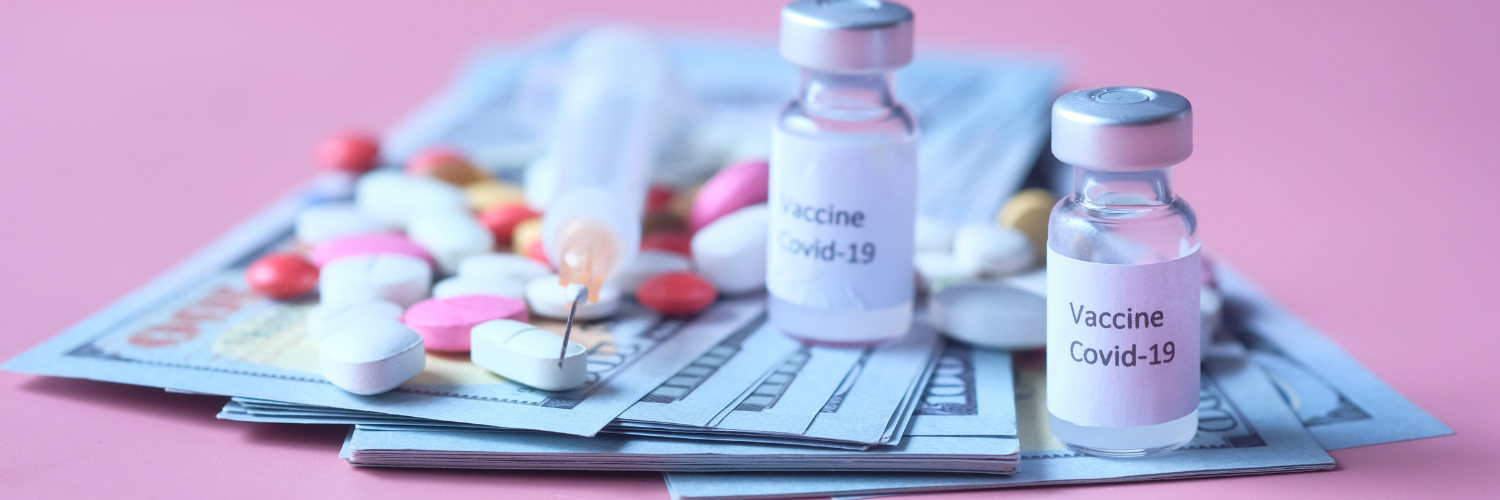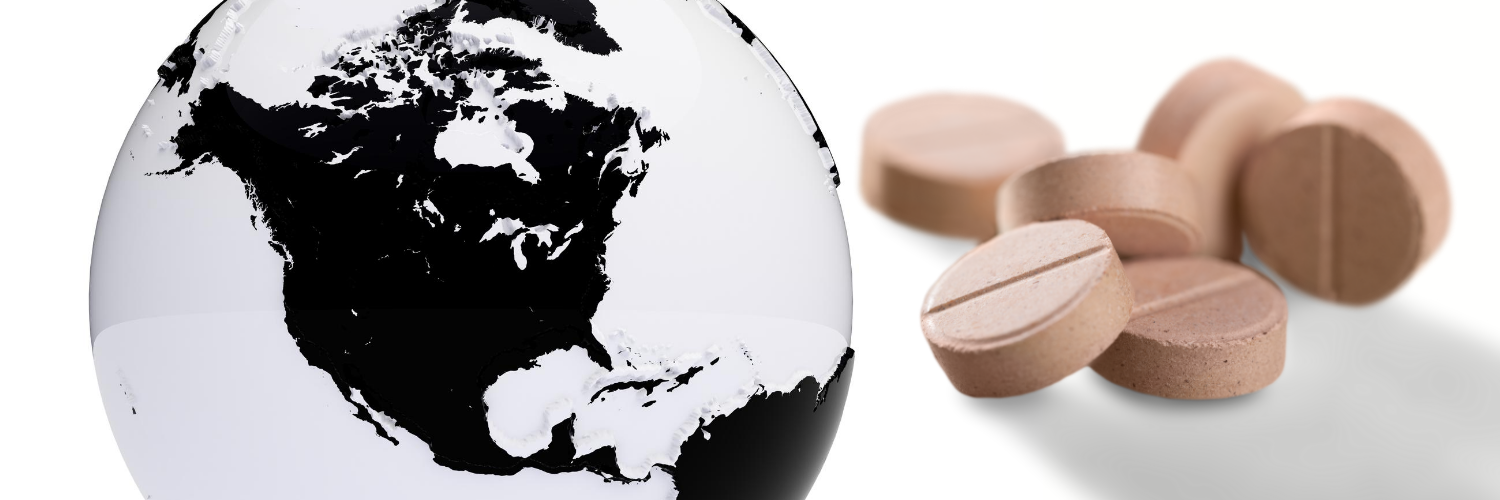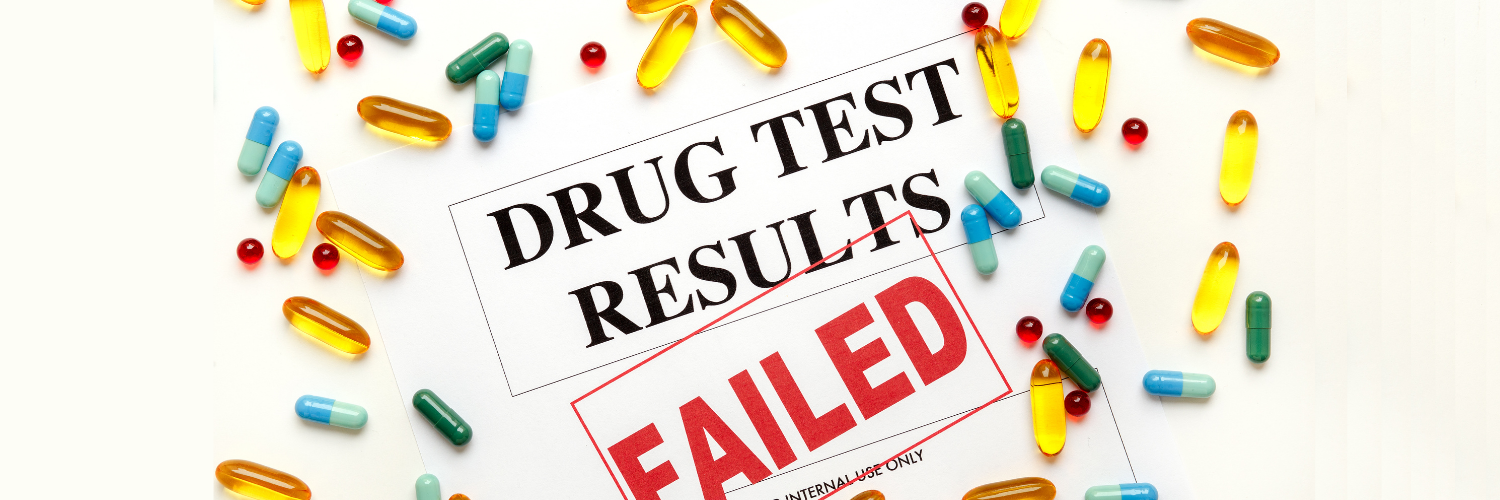How much does the COVID-19 vaccine cost?

The COVID-19 vaccine came in riding a wave of anticipation. First distributed in December 2020, it (in all its branded iterations) will soon reach the greater public, as distribution efforts move from healthcare settings to nursing homes, essential workers, and, finally, plain old civilians. Children, who appear to suffer the least from the novel coronavirus, will be the last to receive the vaccine. As of January 2021, the government stated on the HHS website the following:
“Any vaccine or therapeutic doses purchased with US taxpayer dollars will be given to the American people at no cost.”
Unequivocally, the vaccine should be free, regardless of insurance status. Whether or not the vaccine truly is free of cost is uncertain.
As for the vaccines themselves, pharmaceutical companies have reportedly placed their prices at the following:
Moderna: $32 - $37 per dose ($64 - $72 per vaccine)
Pfizer: $18.40 - $19.50 ($36.80 - $39 per vaccine)
Johnson & Johnson: $10 per dose (just one dose)
Novavax: $16 ($32 per vaccine)
These costs are not applicable to the greater public, in general, but services that purchase vaccines in bulk — city governments, employers, or hospitals.
Where will the vaccine be available?
Operation Warp Speed — our country’s distribution program — partnered with chain drugstores and pharmacies to distribute the vaccine. They are largely national pharmacy chains like Rite Aid, CVS, Costco, and Kroger. Andrew Cuomo said in a press conference that he worried lack of access to these chain pharmacies would prevent Black and Latino residents from getting the vaccine. See the full list of pharmacies here.
Is the vaccine available for people over age 75?
Elderly residents should be receiving news of the COVID-19 vaccine now, in January 2021, per the rollout phases put forward by the CDC. States have separately determined the parameters of this phase based on CDC recommendations. In some states, including Louisiana, South Carolina, and Virginia, those over 70 may get the vaccine, which is just below the CDC recommendation of 75+. In other states, only those over 75 may get the vaccine. Check with your local state health department to see availability. The current CDC-suggested phases, which are only in phase 1 at this point, are as follows:
1A: Health
1B: Frontline essential workers and those at or above 75 years old
1C: People over 65 with pre-existing conditions and other essential workers
If you are in a participating vaccination group, you will likely have to make an appointment at a participating pharmacy in order to receive the first dose. Remember that some COVID-19 vaccines, at this point in time, require two doses.
Are we sure the vaccine is going to be free? Will I have to pay $32 for the vaccine?
The U.S. government is not offering guarantees that the vaccine will be free for all at present, possibly because the federal administration is in transition. Some politicians have suggested the vaccine should be free. Representative Alexandria Ocasio-Cortez (D - NY) has said plainly that Americans should not pay for the vaccine. Vice President-elect Kamala Harris, speaking onstage at the vice presidential debate, said that the vaccine should be free for all. This was, of course, when she was running for office. Then President-elect Joe Biden said in October (before the election) that the vaccine should be “freely available” for all. More recently, he said that as a part of his first 100 days as president, he would distribute the vaccine free of charge.
Based on previous experiences with the COVID-19 test, which was supposedly free but, in practice, did not end up so, the vaccine will most likely be free with a few exceptions. Those with health insurance will not pay for vaccines, save for potential doctor office fees. Uninsured residents may face fees at the vaccine site, as they did for COVID tests throughout the pandemic. As with the COVID tests, though, PharmacyChecker encourages you to contest whatever charges a provider heaps on you. Vaccines should be free. The federal government has set aside a lot of money to help distribute vaccines. Hospitals, pharmacies, and clinics have no reason to charge for services. Call your provider and insurer and do not budge until the charges are dropped.




